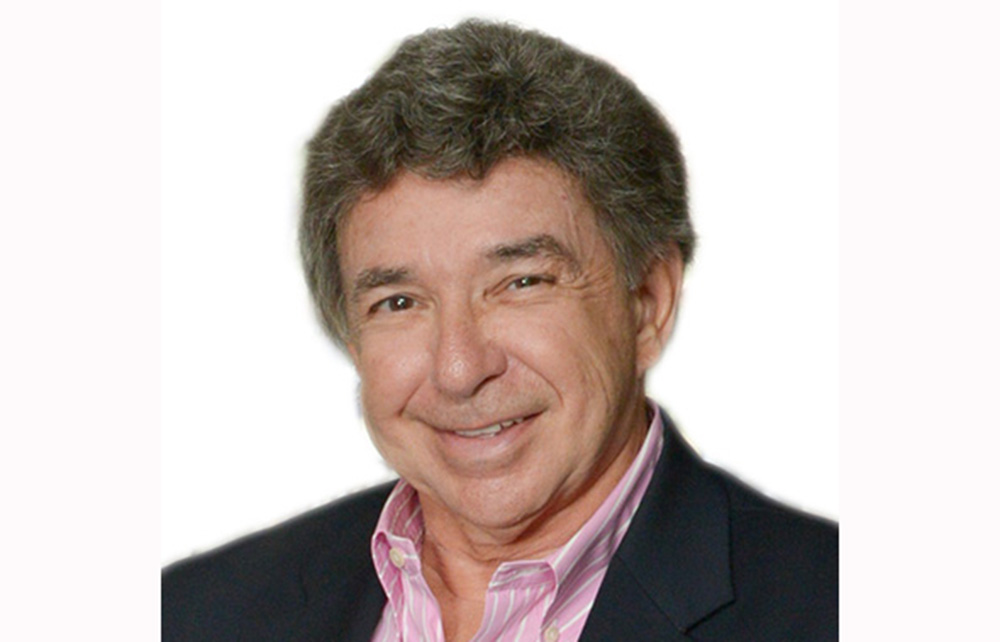
What happened to the two-martini-lunch? What happened to “let’s meet for a drink after work”? For that matter, what happened to Happy Hour…half–price drinks from 4-6 pm? I still remember 10 years of unbridled growth for the state when the drinking age was lowered to 18.
The reality is that over 75% of small businesses are food and liquor related. Those businesses are the lifeblood of our country…yet there is an ignorance as to their importance. As in all businesses, sales drive profits. Profits/income fuels sales in other industries. I would venture to say that every adult frequents a food vendor at some time. Some patrons it’s every day to the local coffee shop, for some it’s a fast food purveyor, and for others its “let’s go out for dinner”. With a market of well over 200 million people, the food and beverage industry should be flying.
However, the opposite is true. Between inflation, government mandates, regulation, and taxes and the never-ending cry for higher minimum wage, the food and beverage industry is suffering…hemorrhaging profits. There is menu shock when you routinely see hamburger and fries for $17, cocktails for $15, appetizers for $12, and entrees for $45-$60. A breakfast for two is easily $40 (plus tax and tip), lunch will cost you double that amount, and dinner at an average local restaurant will be $150 or more.
There was a time, not too long ago, when restaurants had lines to get in, there were normally two sittings, and restaurants were busy till 11 pm. Now, restaurants are closed one or two days a week, many full-service restaurants don’t open till 4 pm and close at 10 pm (most patrons are gone by 9 pm). The fast food operations, perceived as ‘cheaper’, are in high demand. Inflation and supply chain interruptions are clearly changing our dining out habits.
However, the National Restaurant Exchange’s consulting division has been actively engaged in focusing on keeping customers in the restaurant after dinner. There has to be a reason for customers to stay after a satisfactory dinner. The obvious answer is some form of entertainment. A personable acoustical guitarist who can engage the audience works well, a blues or jazz band works wonders for the bottom line, and the old standby, comedians, is a no brainer.
That said, the newest after dinner entertainment is magic. The National Restaurant Exchange exclusively represents some of the finest close-up and stage magicians in New England.
Our politicians have made the word inflation ominous whereas it measures how much more expensive a set of goods and services has become over a certain period, usually a year. It may be one of the most familiar words in economics. Inflation has plunged countries into long periods of instability. Politicians have won elections with promises to combat inflation, only to lose power after failing to do so.
Inflation is the rate of increase in prices over a given period of time. Inflation is typically a broad measure, such as the overall increase in prices or the increase in the cost of living in a country. But it can also be more narrowly calculated — for certain goods, such as food. Inflation represents how much more expensive the relevant set of goods and/or services has become over a certain period, most commonly a year. As you might imagine, inflation is much more significant in the food and beverage industry.
To the extent that an individuals’ or households’ nominal income, which they receive in current money, does not increase as much as prices, they are worse off, because they can afford to purchase less. In other words, their purchasing power or real — inflation-adjusted — income falls.
However, the offset to the condition of having to pay more for, in most cases, for less is the availability of the all-important credit card. There’s a reason why, in a casino, you can’t bet with real money. The casinos know that a $25 chip is not real money. Betting $100 with four $25 chips doesn’t have the same risk factor as putting a $100 bill on the table. In the same way, going out for dinner and putting $150 on your credit card or buying two pizzas to take home for $45 and putting it on a credit card doesn’t have the same effect as counting out $45 in cash. At the end of the month, your restaurant expenditures blend in nicely with all of your other charges, and you simply make your monthly payment. Ignorance is bliss.
As long as people need to eat, and people need to socialize, there will be a restaurant, a pizzeria, a bar, or coffee shop near you. Thank God for the entrepreneurial spirit of America.
Dennis Serpone is the founder of the National Restaurant Exchange, Wakefield, Mass.
